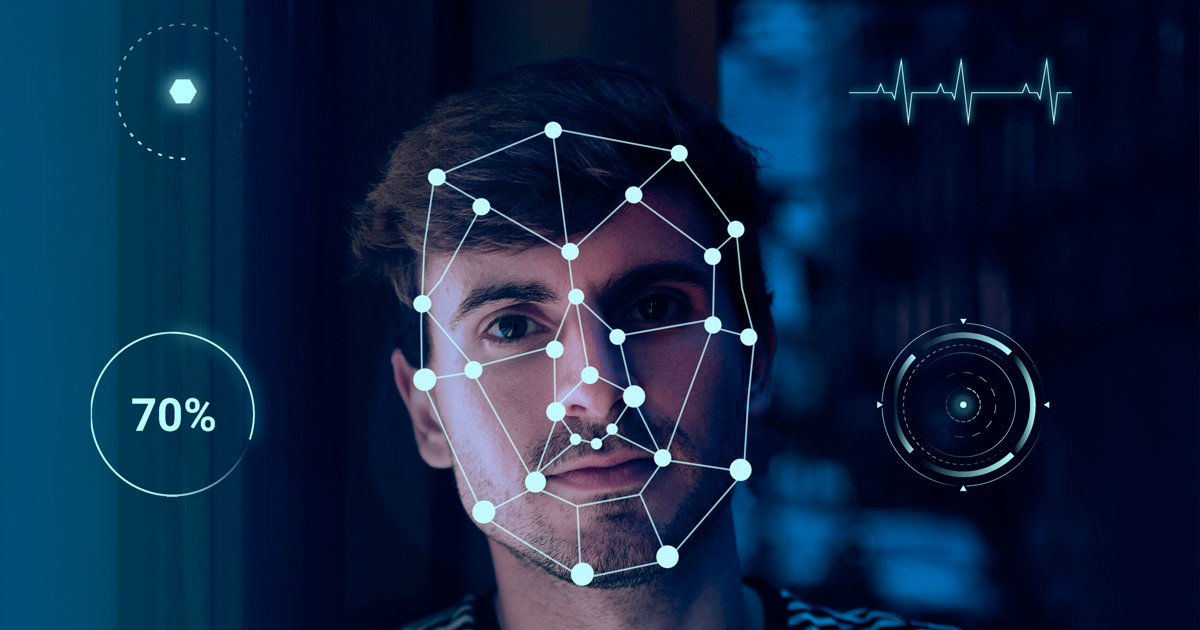Facial recognition technology has become a hot topic in the realm of cutting-edge technology, revolutionizing the way we identify and verify individuals based on their unique facial features. In this comprehensive article, we will explore the intricacies of facial recognition, including face detection, face recognition algorithms, and the ethical considerations surrounding privacy and bias. Stay tuned to unravel the advancements and controversies that have shaped the landscape of facial recognition in 2023.
Facial recognition technology is based on the principles of computer vision and machine learning, where algorithms analyze facial patterns, contours, and proportions to create a digital representation known as a face template. This template is then compared against a database of known faces to determine the identity of an individual. Face detection, the initial step in the process, involves locating and extracting faces from images or video frames.
Over the years, facial recognition algorithms have undergone significant advancements, driven by improved hardware capabilities and algorithmic sophistication. Traditional methods like Eigenfaces and Fisherfaces, introduced in the 1990s, relied on statistical modeling techniques to extract facial features and perform recognition. However, these methods were limited by specific lighting conditions and facial poses, resulting in decreased accuracy in real-world scenarios.
In recent times, deep learning-based methods, particularly Convolutional Neural Networks (CNNs), have revolutionized facial recognition. By training on large-scale datasets, CNNs can capture intricate representations of facial features, surpassing previous limitations. This has led to remarkable advances in face recognition accuracy, even surpassing human performance in certain cases.
The applications of facial recognition technology are extensive and diverse. In the security domain, facial recognition systems have become an integral part of access control, replacing traditional methods such as passwords or ID cards. Airports and border control agencies utilize facial recognition to expedite the verification process, enhancing both security and efficiency. Law enforcement agencies also rely on this technology to identify suspects in criminal investigations, facilitating the pursuit of justice.
Outside of security, facial recognition has found its way into the consumer electronics industry, offering convenient and secure authentication methods. Modern smartphones and laptops employ facial recognition as a biometric unlocking mechanism, allowing users to access their devices effortlessly. This seamless integration of facial recognition into our daily lives has made it an indispensable part of our digital experience.
However, the widespread deployment of facial recognition systems has raised concerns about privacy and potential bias. Critics argue that the collection and processing of vast amounts of personal data by these systems pose significant ethical and legal questions. Ensuring the storage and security of facial recognition data is paramount to prevent unauthorized access and safeguard individuals’ privacy.
Moreover, concerns about bias and discrimination have emerged, as facial recognition systems have demonstrated disparities in accuracy across different demographic groups. These biases can be attributed to imbalanced training data, inherent algorithmic biases, and societal prejudices that manifest in the data collected. Inaccurate or biased facial recognition systems can result in false identifications, wrongful arrests, and the perpetuation of systemic inequalities.
To address these ethical concerns, researchers are actively working on developing fair and transparent facial recognition algorithms. Efforts are underway to improve the diversity and representativeness of training datasets, ensuring that facial recognition technology is effective across different races, genders, and ethnicities. Additionally, policymakers are considering regulations to enforce accountability and transparency in the use of facial recognition systems.
To summarise, facial recognition technology has transformed the way we identify and authenticate individuals, offering a wide range of applications in security and consumer electronics. However, the ethical considerations surrounding privacy and bias cannot be ignored. Striving for fairness, transparency, and accuracy in facial recognition algorithms is crucial to ensure that this technology is used responsibly, without compromising individual rights and perpetuating discrimination. As we move forward, it is essential to strike a balance between the benefits and potential drawbacks of facial recognition technology to build a more inclusive and secure future.
